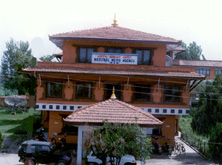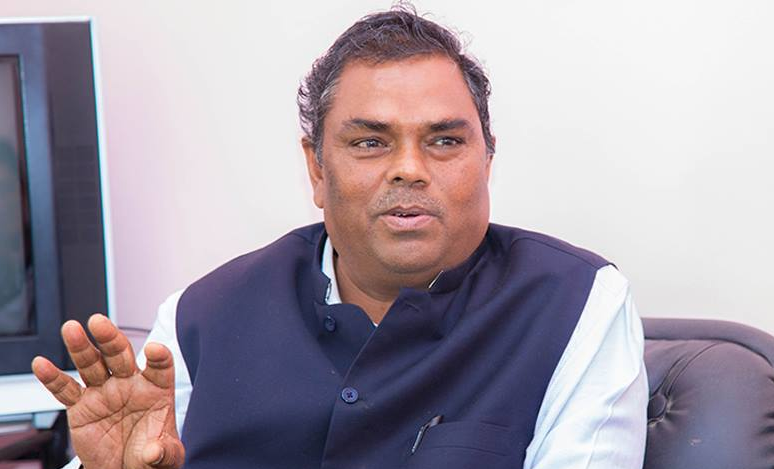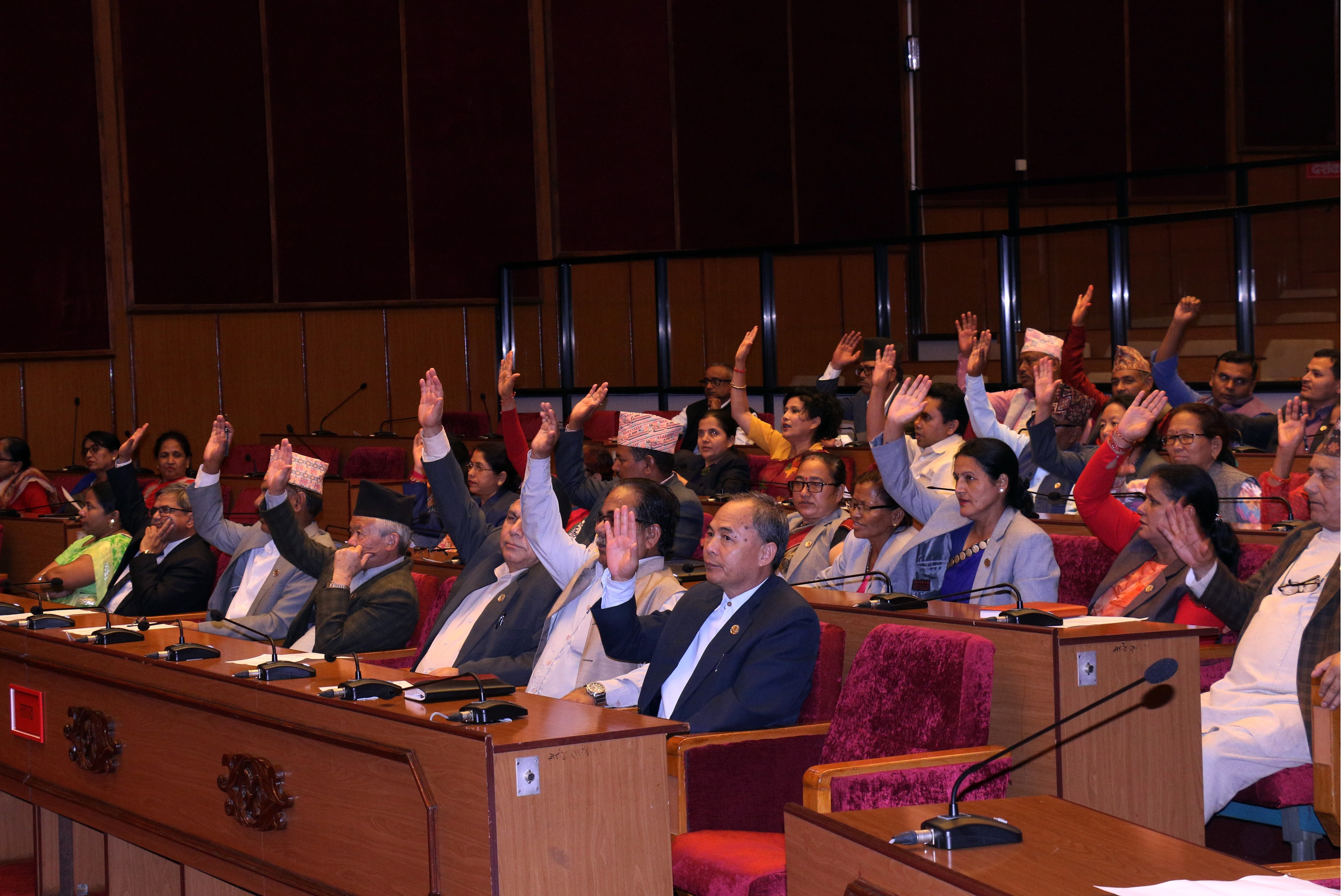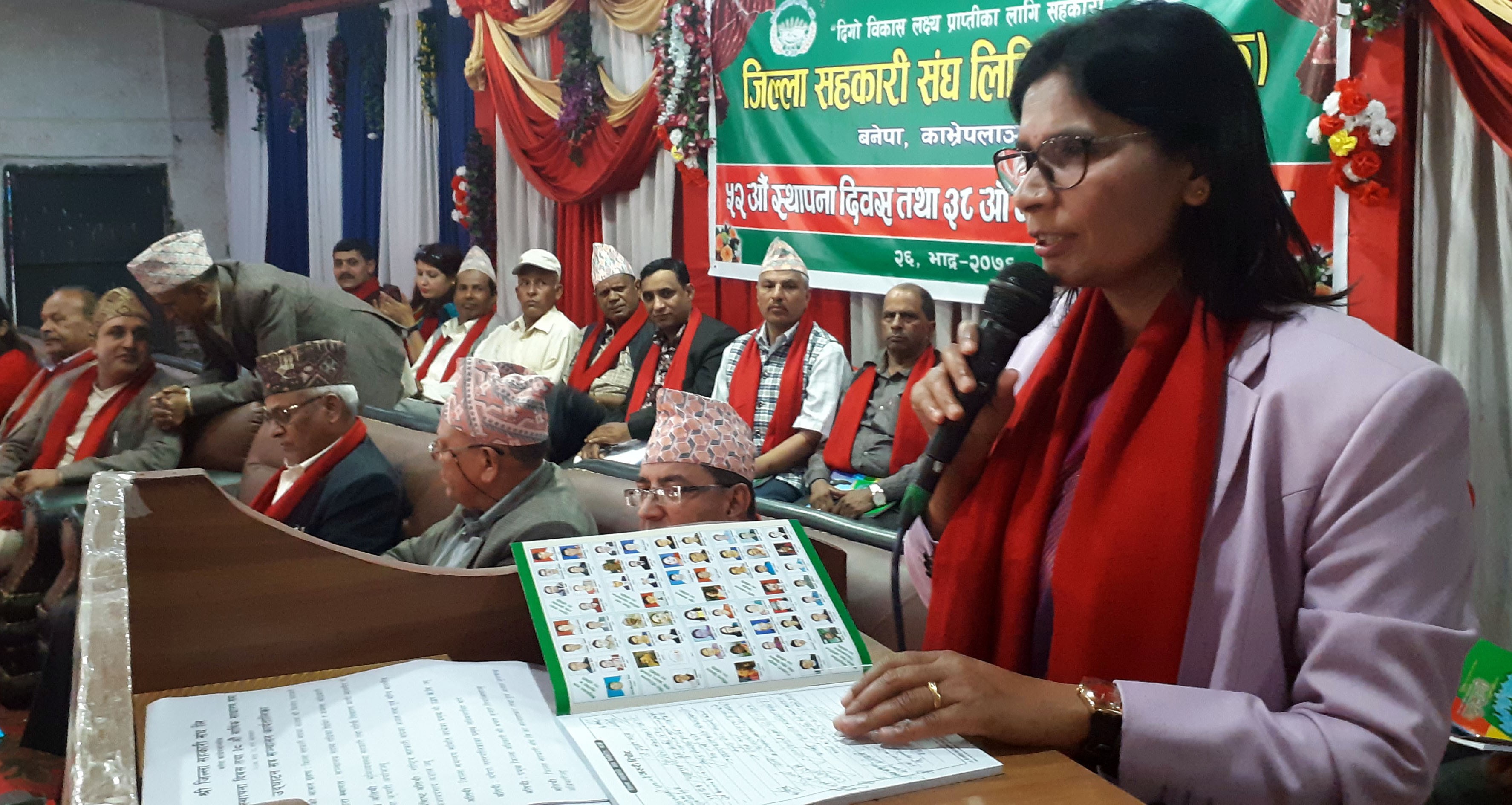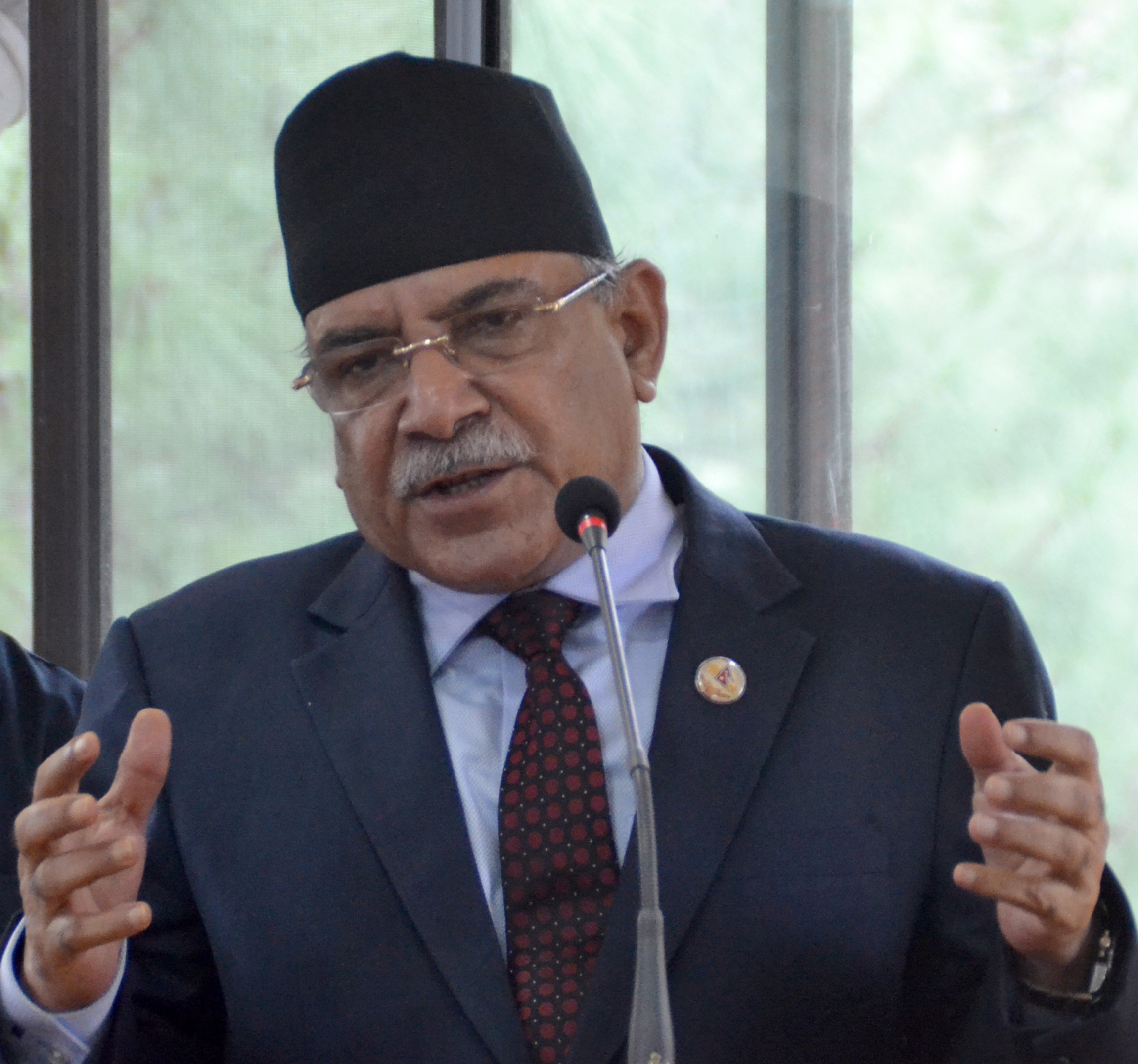Jitiya festival begins
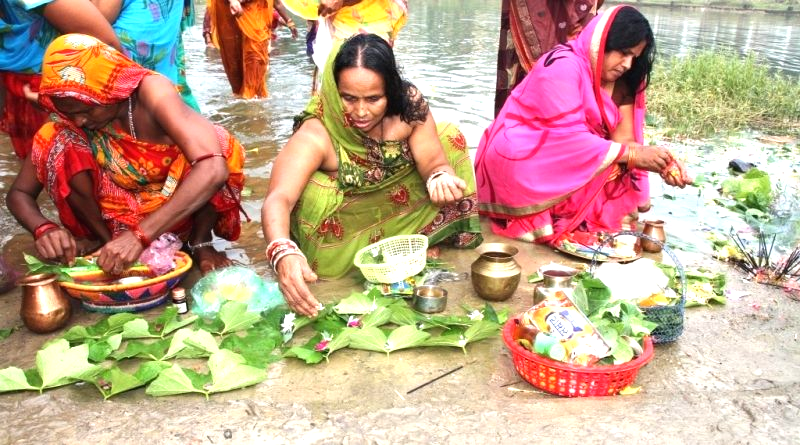
By Dhirendra Prasad Sha, Janakpurdham, Sept. 27: A three-day-long Jitiya Parba, one of the most celebrated auspicious festivals of the Tharu community and Mithila zone, has begun from Monday.
The festival has commenced with the observance of the ‘Naha Kha’ ritual, which means to take food after taking the ritualistic bath. Jitiya Parba, which is known for its strict fasting falls between Teej and Chhath festivals.
During the three-day-long festival, devotees fast for the prosperity, good health and longevity of their families and for the blessing of sons.
There is an old saying in Maithili, "Jitiya Dasai Dashami, Dashmi Bisey Sukrati, Sukrati Chhave Chaith", which means Dashain comes ten days after Jitiya Parba, Tihar after 20 days of Dashain and Chhath festival after six days of Tihar.
On the first day of the festival, women reach nearby rivers or ponds, take holy baths and offer special food comprising beaten rice, curd, and ‘amot’ (raisin of dried mango juice) on the leaf of the sponge guard to the deity Jitamahan and the ancestors. Later devotees and their families eat these offered foods before the sunrise.
Fasting begins on the second day and concludes on the next day. The fasting women have to observe what is called the ‘Ogathan’ in the local language which requires them to apply some foods (millet bread, green vegetables, fish etc) on their lips early in the morning before the cawing of crows.
On the occasion, the devotees offer bitten rice, curd, banana, and betel leaves and betel nuts on the leaf of the sponge guard and offer it to the deity. The same offerings should be eaten by the family members including devotees before sunrise and fast all day without food and water.
The devotees will conclude their fast on Wednesday morning.
The fasting that is performed during the festival is a strict one, Ranjana Giri, one of the devotees said.
There is a strong belief that if a woman observing the fast burps, coughs or mistakenly bites the tongue, her fast is believed to have been unsuccessful and she is forbidden from observing the fast forever in her life, she added.
The festival falls on the 7th, 8th and 9th day of Krishna Pakchya (the waning moon) in the Nepali month of Ashwin.
Ram Kumar Shastri said, “ The festival also highlights the cultural role and importance of Maithili and Tharu women. During the festival, they also offer pinda (rice ball or barley flour to the departed souls.
According to Shastri, there was a myth associated with Jitya Parba. Once there was a king called Shalivahan. One day, a demon took away seven sons of a woman and it was the king who brought back her sons from the captivity of the demon.
Since then, the women started observing the festival by renaming the king Jitamahan, in gratitude to the king.
Similarly, in the Bhavishya Purana, when Parvati asked Mahadev which fasting helps to save offspring from premature death. In response, Mahadev had said that their offspring will not die a premature death if they keep fasting of Jimutavahana by strictly following the rules.
Recent News

Do not make expressions casting dout on election: EC
14 Apr, 2022
CM Bhatta says may New Year 2079 BS inspire positive thinking
14 Apr, 2022
Three new cases, 44 recoveries in 24 hours
14 Apr, 2022
689 climbers of 84 teams so far acquire permits for climbing various peaks this spring season
14 Apr, 2022
How the rising cost of living crisis is impacting Nepal
14 Apr, 2022
US military confirms an interstellar meteor collided with Earth
14 Apr, 2022
Valneva Covid vaccine approved for use in UK
14 Apr, 2022
Chair Prachanda highlights need of unity among Maoist, Communist forces
14 Apr, 2022
Ranbir Kapoor and Alia Bhatt: Bollywood toasts star couple on wedding
14 Apr, 2022
President Bhandari confers decorations (Photo Feature)
14 Apr, 2022
